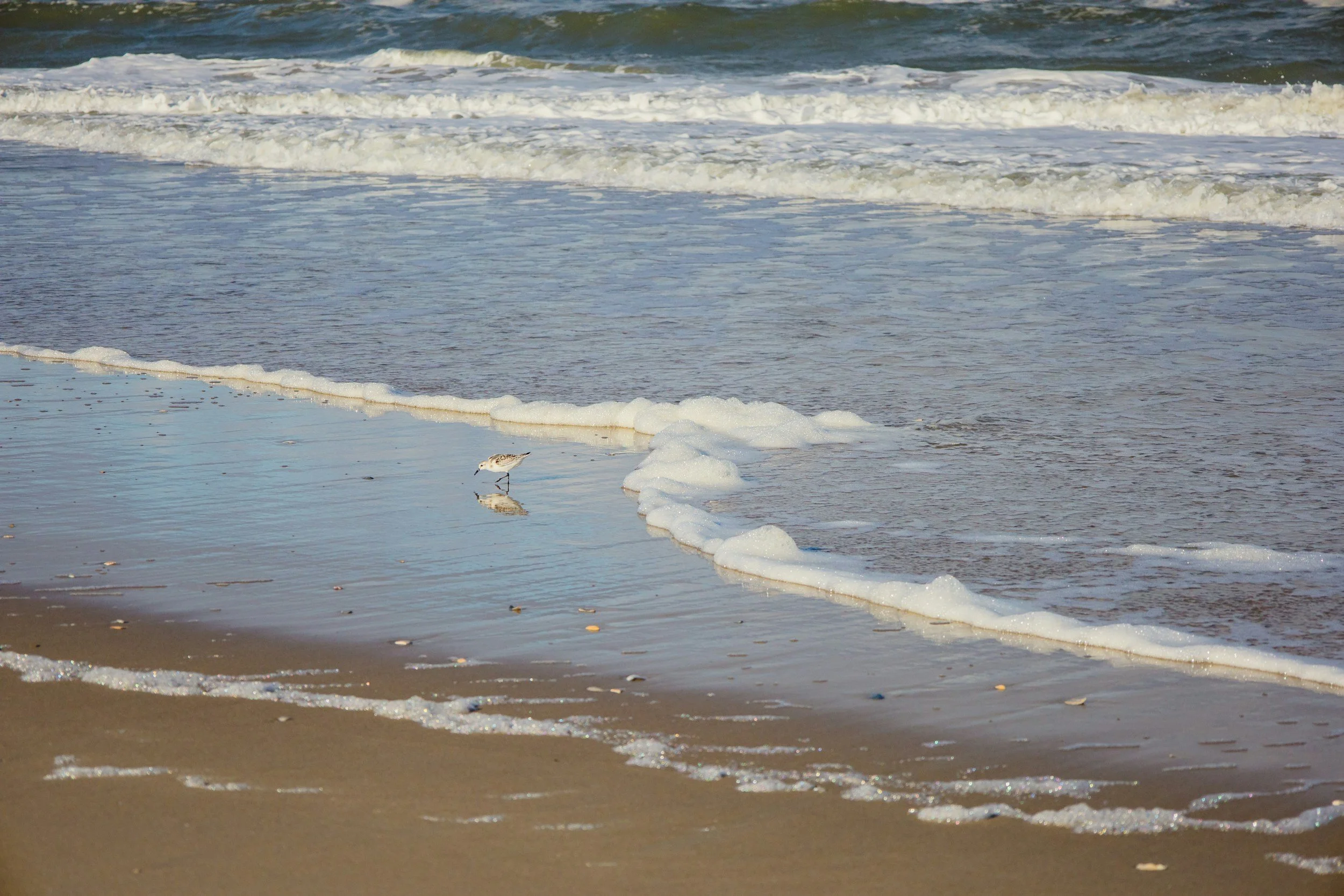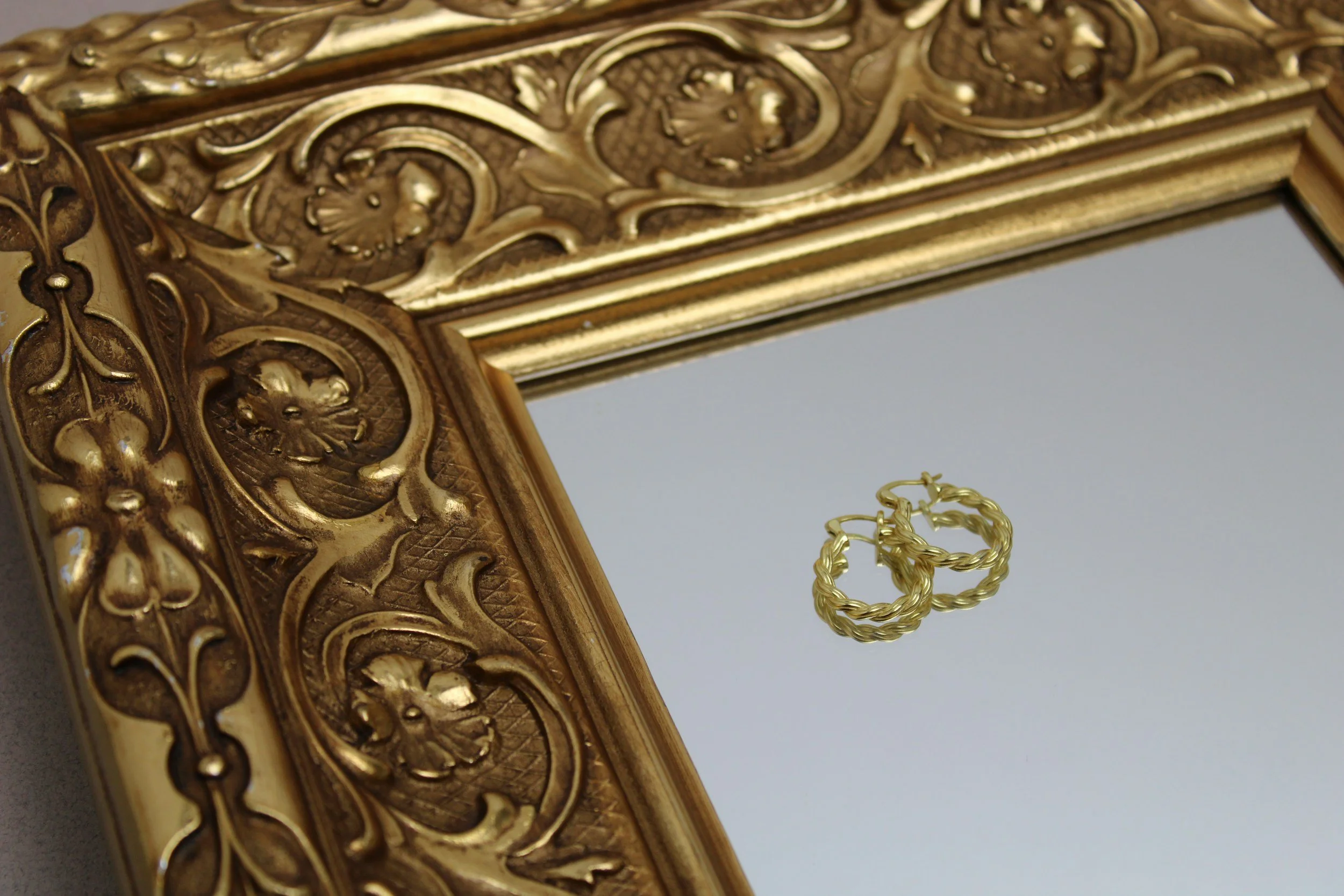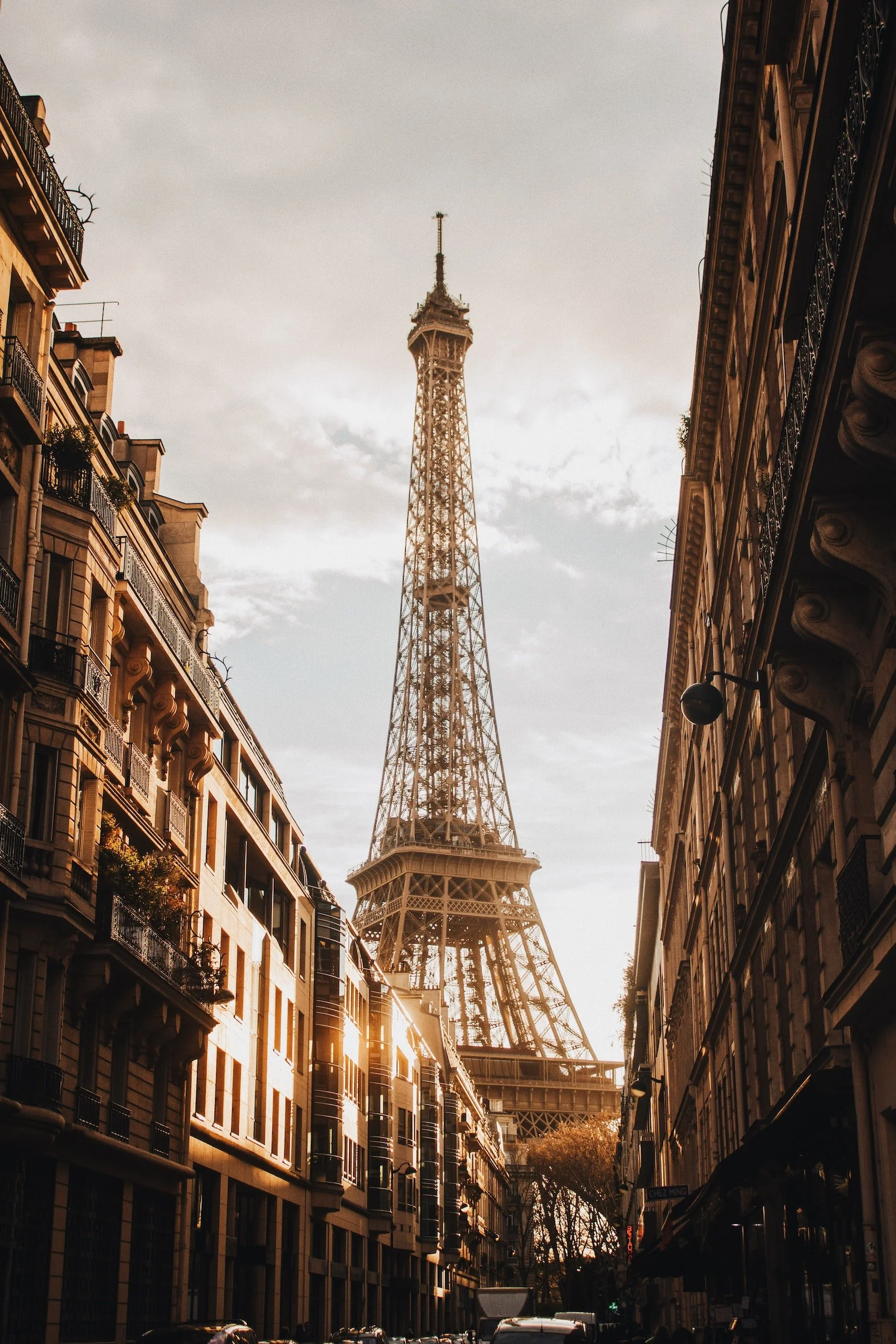From Bordeaux to Montgomery
“Let’s see what your fortune holds,” my sister Lynn said, brandishing a pack of tarot cards.
A recent college graduate, I was off to France to spend a year as an au pair. She laid out the cards carefully—we were just messing around; neither of us really believed it—and put on a good show. Lynn explained each card with gravitas, knowing nods and occasional sighs. I don’t remember what card came—the naked Star? The Wheel of Fortune?—when her eyebrows jumped up to her hairline and she announced “You will come home pregnant.” Our reaction was amusement. We pondered who my child’s father would be—not the husband of the family I was going to live with! How oh-so-French that would be.
I soon forgot about the game and finished packing. This wasn’t my first trip to France. In the summer of ’84, when I was twenty, I’d done a six-week language course in Clermont Ferrand. From the moment I landed in Paris, I’d been charmed by absolutely everything, from the street cleaner’s twig brooms, to the sugar cubes served with the strong coffee, to the smell of black tobacco. Two years later, I couldn’t wait to get back.
This time around, however, I wasn’t a student living in a dorm, taking classes, traveling around, having adventures and fun nights out. I was babysitting a five-year-old and doing housework for his unpredictable mother, Joelle, an ambitious Parisian yuppie, newly employed at the nearby nuclear power plant. The three of us lived in a brand-new house, the trees still sticks, in a small town in the wine-growing region near Bordeaux. On the Gironde estuary, dominated by an old citadel, it was certainly picturesque. Ideal for a day trip or maybe a relaxing weekend break. But it was a closed-minded, unfriendly little place; it was difficult to meet people, except for a few teenage boys who thought an American girl would be easy. They would rev their mopeds and offer me cigarettes, their intentions clear. I was really delighted when, toward the end of my stay, I met Alain.
Had he been American, he might not have entered my orbit. I was from Auburn, a college town where almost all of the adults I had known growing up were professors. Alain was from a different world. From a working-class family, he had dropped out of school at sixteen and was now training to be a woodworker in Bordeaux. A mumbler who spoke almost exclusively in slang, he was très cool: an attractive, chain-smoking anarchist who had long since grown out of his humdrum village. Lonely for months, I was ready to fall in love.
My au pair job ended on the fourth of July—independence!—but I stayed on in France. Alain and I spent the summer together, first staying in a friend’s empty flat in Clermont Ferrand and then traveling down to Spain on his motorcycle. We went to all kinds of exhibitions and free shows—even though he wasn’t very educated, he was curious and bright—made inventive meals, had long talks over local wine and had sex. I had never felt so comfortable with someone else’s body. After nearly a year of that formal, strained atmosphere at Joelle’s house, it was magical.
When his carpentry course started again, we had nowhere to go. I couldn’t sleep at his residency hall in Bordeaux (overnight company could result in expulsion) and it was out of the question to stay at his conservative parents’ house. We decided to live in a campground, though we didn’t have much gear. His tent had been a First Communion gift when he was a kid; it was a cheap canvas number that leaked. We didn’t have a sleeping bag, just a collection of old blankets, which after a few days was like a damp squirrel’s nest. But we enjoyed ourselves in those close quarters, no lights, laughing and holding each other, usually forgetting about birth control. Not only was it inconvenient there in that musty old tent, but Alain was convinced he was sterile.
“When are we getting married, then?” he asked one day. Absolute nonchalance. For him, the only logical outcome of our intense romance was marriage. Or perhaps he wanted to make our flighty international affair permanent. And although it seemed like an outrageous idea, I accepted. Without a ring or a plan, we were engaged.
It was later that fall that I began to suspect I was pregnant. I hadn’t had to worry about my period in ages, I realized, and I often felt bloated and sleepy. We bought a test and it came out positive, Lynn’s tarot prediction coming true.
“I can’t believe it,” he said. “I’ve never used condoms and nothing’s ever happened.”
“Were you ever tested for infertility?” I asked. I had never really believed it, but it had made things easy—until now. “Why did you think you were sterile?”
“Before we met, I always wore tight jeans. I read an article in a magazine that said wearing tight pants kills your sperm. I thought mine were dead.”
“Great.” I sighed.
We went to Bordeaux and instantly got an appointment with a National Health doctor. He saw me free of charge which astounded me, an American used to a cruel private system. They gave me a blood test and an ultrasound, and indeed we could see a little blob. To me, the choice was clear. No wavering, no doubts. At twenty-three, I was not ready to be a mother. Also, in retrospect, I think I always had doubts about my everlasting love for Alain. Although he was good fun, I knew that a day-to-day reality with him— finances, work, home, parenting—would have been bleak. I wanted an abortion.
Although the French health system seemed fantastic, I felt more comfortable coming home to get the procedure done. Alain took me to the Bordeaux train station and gave me a parting gift. A lovely pen knife with a fine blade. I looked at him, incredulous, thinking what an insensitive gift it was for the occasion.
When I got back to the States, my sisters Lynn and Lisa accompanied me to the abortion clinic in Montgomery. One of them had made the appointment and knew where it was. She’d had an abortion there herself.
The mood that day was not somber. I remember the warm feeling of support—We are fam-i-ly. I got all my sisters with me!—and even some good-natured teasing. About what, exactly, I can’t remember. French buns? Who knows. We arrived to the clinic in the afternoon. There were no protestors, no Christians handing out pamphlets, no one there to make me feel ashamed or worried. It was the mid-’80s and, even in Alabama, that wasn’t a thing. Women were allowed to make their choices. I didn’t even know to feel grateful about that. We walked inside and I felt a wave of kindness and solidarity.
“I’ve been spotting quite a bit these last few days,” I told the doctor in the private cubicle.
He prodded my belly, looking up in concentration. “It’s possible that this could take care of itself. Do you want to wait a few days and see if you miscarry? Or would you rather go ahead and do the procedure?”
I thought of my sisters out in the waiting room, how they had dropped everything to come with me, an hour’s drive to get here. In my situation, what was the difference, really? An abortion or a miscarriage? Was one dirty and wrong, the other blameless and pure? I didn’t see it that way.
“Let’s just take care of it.”
The procedure was short: an unpleasant vacuuming sensation, a sharp pain, fresh blood. A nurse gave me a foot-long, old-timey maxi pad to put in my panties. “You’ll have some bleeding. Rest for the next few days and call us if you have any problems.”
We drove back to Auburn. We may have stopped for a drink on the way home.
The next day, my mother saw the receipt on my bureau; my name was on it, although I’m pretty sure my sisters paid. I hadn’t thought to hide it, something I was now regretting. “Two hundred and fifty dollars?” she asked in surprise. She was very thrifty and that was a lot of money back then. “What in the world did you spend it on?”
I looked her in the face. My mother was a devout Christian but she was also a yellow-dog Democrat. I didn’t know which side would hold sway. “I don’t think you want to know.”
“Try me.”
I told her, tears welling in my eyes. Not because I’d had an abortion, but because I was afraid that she would be angry or disappointed.
She nodded, putting her arm around me. “I think you made the right decision.” I breathed out in relief. My parents had never said a word against Alain, this unlikely French fiancé with very few prospects, and my plans to marry. But they probably guessed that our relationship was unsustainable. And two kids in their early twenties didn’t need to add a baby to the mix.
When Alain’s visa petition for a fiancé was denied, I cried uncontrollably. Looking at my distorted face, red and swollen, my mother said, “I noticed the other day that there’s still some money in your college fund.” This was pure invention, surely. “You could use it to go back to France if you want. Until all his papers get sorted.”
My wise mother had probably assumed that, after three months at home, I wouldn’t see Alain the same way, that the spell would be broken. And, to be honest, I was already a little annoyed with him. During our time apart, I had asked him to get a job (his course had ended) and find us a place to live (we couldn’t go back to the tent!). I envisioned him getting hired on at a bar or café, finding us a one-room flat in Bordeaux, making some kind of life for me to come back to. Little did I know, but for a young, working-class European, these things seemed unattainable. Far-fetched fantasy. He had spent those three months hanging out at the village bar with his brothers.
He was waiting for me in the Paris airport. I saw him before he saw me: slumped in a plastic seat, his long legs stretched out in front of him, a wilted bouquet of daisies hanging limply from one hand, a cigarette burning in the other. Immediately, I knew. I didn’t want to be with him. And I certainly wasn’t going to marry him. I steadied myself. I put my hand against my flat stomach—there was nothing growing there—took a deep breath and walked toward him. I was free to make my decisions. And my future could go any way I wanted.
-Dana Gynther
Dana Gynther is an American who has spent half her life in Europe. She has published three novels of Historical Women’s Fiction: “Crossing on the Paris,” an Indie Next Pick that was also published in Russia, “The Woman in the Photograph” and “The Admiral’s Baths,” which also released in Spanish and Catalan. A ceramist, she also runs Medusa, a co-working art studio in Valencia, Spain.



















